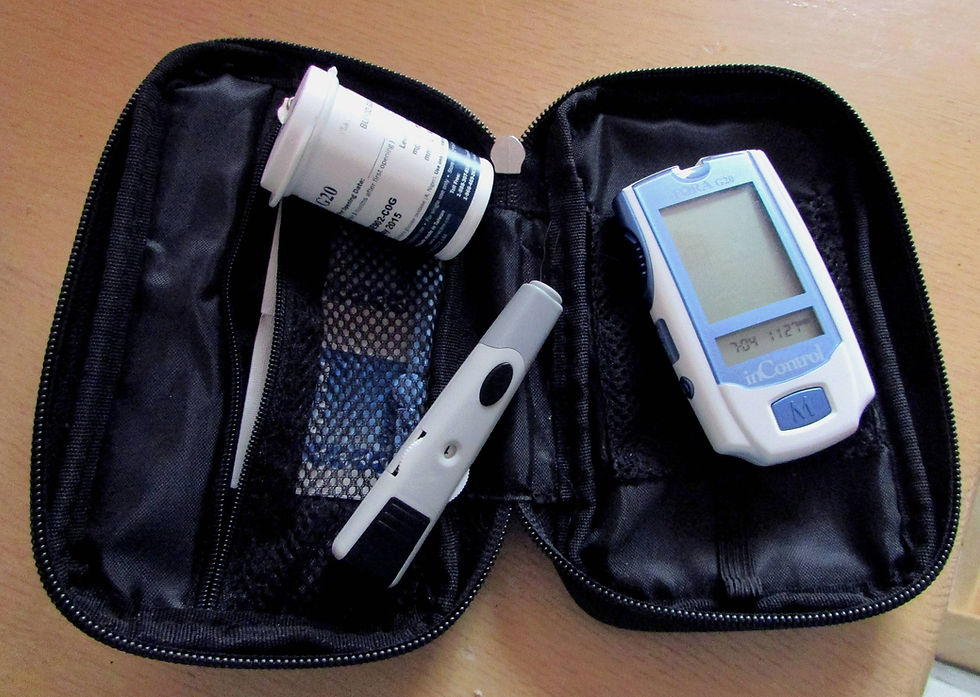THE TRUTH ABOUT GLUTEN
- Amira Rashed

- Mar 12, 2020
- 3 min read
Updated: Mar 28, 2020

WHAT ARE GRAINS?
Grain is a grass seed, like rice, corn, wheat, Barley (malt), Rye, Oats, etc.
WHOLE GRAINS VS REFINED GRAINS?
Wholegrain means just as it's named, the grain as is, however refined grains put the grains through a process that makes it loose it's germ, bran and oils. Examples of whole grain is brown rice, whole wheat, examples of refined is white rice and white flour.
The myth of whole grains!
Refined flour is higher in sugary starches and lower in proteins, minerals
and vitamins than whole grains, and it seems smart to seek a product which is ‘wholegrain’ and includes all layers of the grain.
But the notion of healthy whole grain is misguided, as their higher protein content they have can actually be problematic because of how the grain proteins affect the human digestive system.
In addition the outer casing of the wholegrain contains anti-nutrients that makes the beneficial minerals actually unavailable to our body to our bodies.
WHATS THE PROBLEM WITH GRAINS?
Grains have proteins that are indigestible by humans or animals, these proteins are chemically made by the plant to fall back into the soil and feed the embryo or the germ as it grows into a new grass. They are also gently, and not so gently toxic to the animal realm, to deter their consumption and ensure the perpetuation of future generations of grasses.
The glutens are one big category of these grain proteins and to be clear, there is no such thing as a gluten free grain.
HOW?
Alpha gliadin is the most researched type of gluten, as it was the first gluten definitively
associated with coeliac disease. And there are grains that are free of alpha gliadin.
However alpha gliadin is not the only gluten that is problemetic. In 2010 an Australian study identified over 400 different types of natural gluten proteins, and 40 of these evoked a more powerful inflammatory reaction than alpha gliadin.
So we should call them glutens in plural rather than gluten since they are a big family of problematic proteins. Glutens are composed of two sub fractions; prolamines and glutelins, and most of the focus of research has been on the prolamines. The most studied gluten, alpha gliadin is a prolamine. Finally and again, there is no grain that doesn't have either, promalines or glutenin's
HOW DO THEY AFFECT OUR HEALTH?
Grains have a compound called phytate. it's considered an anti-nutrient as it binds to key nutrients and makes them unavailable to the body. In other words they could cause nutritional deficiencies.High on the glycemic index as it causes a spike in blood sugar. Increase gastrointestinal permeability and cause leaky gut.Compromised blood brain barrier, therefore it jeopardises brain health, making people more prone to Alzheimer's, epilepsy and depression. Week immune systemInflammation and particularly in the joints.
WISE WORDS
"One of tenants of functional medicine is to identify root cause origin and to not mask the problem. You can mask the problem, even with natural botanicals or supplements and vitamins that often act as an anti-inflammatory. However, if you don’t discern the originating cause of the inflammation first, then you are allowing that’s patients damage to continue and giving them a false sense of security. We need to seek to put out the fire at source. In the modern diet one of the most common sources of the inflammatory stress in our bodies are grains, and the glutens they contain." Dr Peter
Osbourne.





Comments